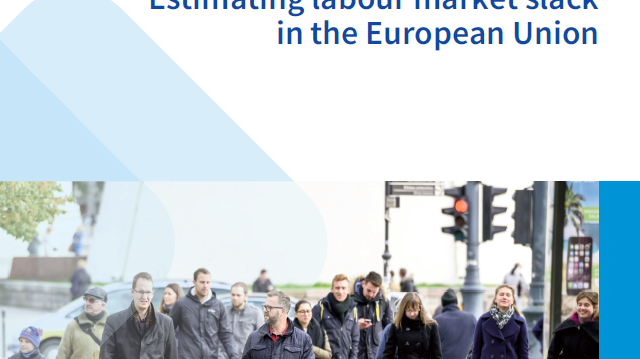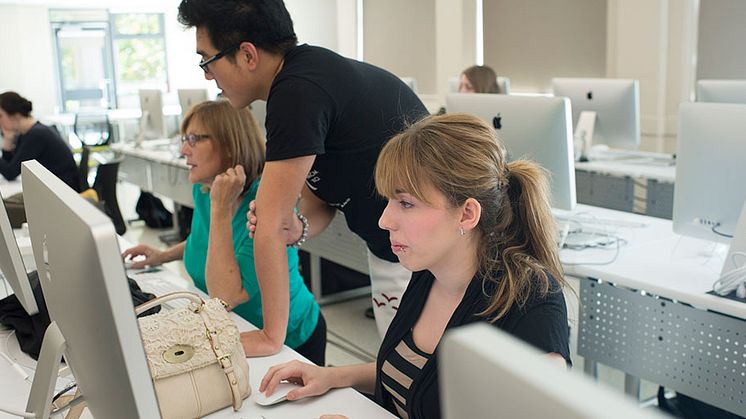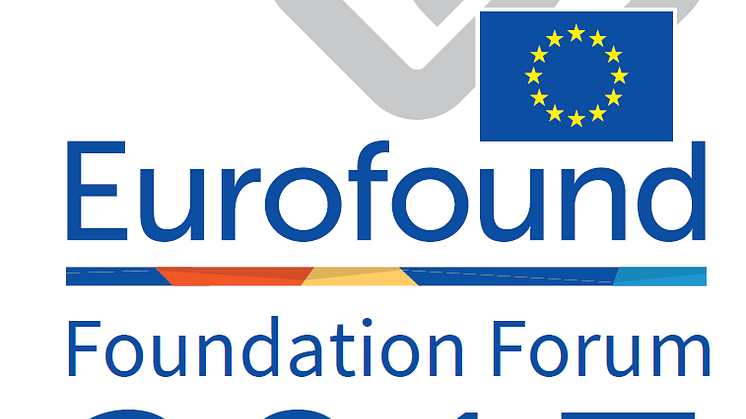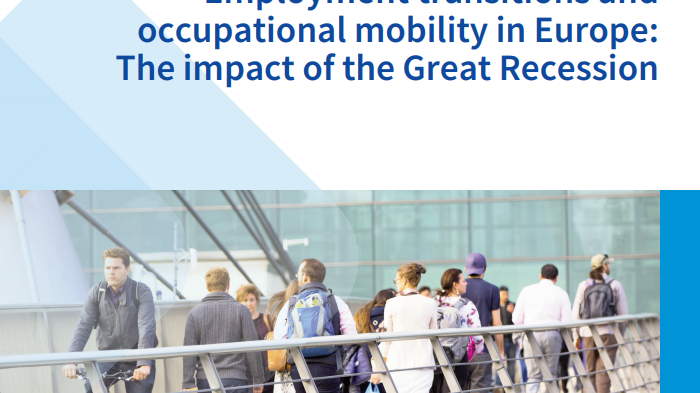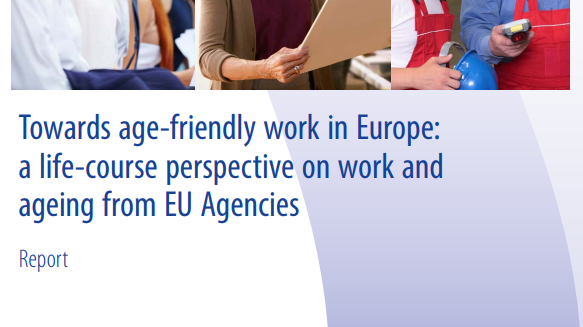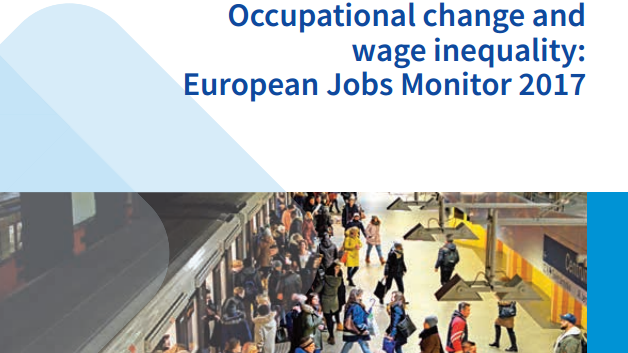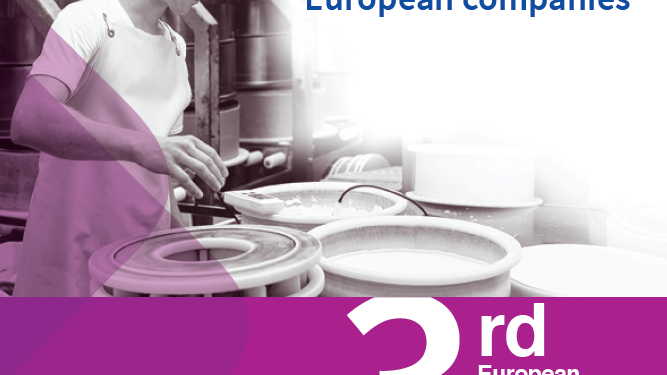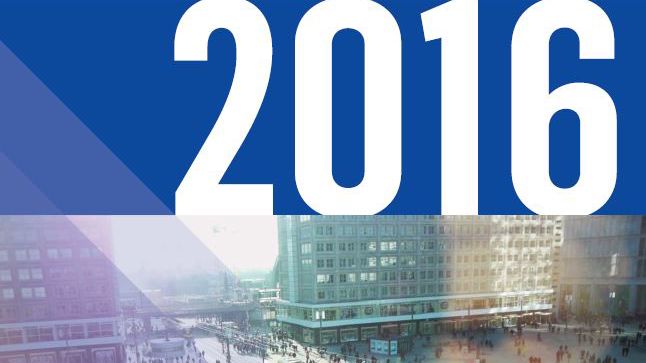Estimating labour market slack in the European Union
Labour market slack is the shortfall between the volume of work desired by workers and the actual volume of work available. The aim of this report is to develop a more nuanced estimate of labour slack using EU Labour Force Survey data, which allows involuntary part-timers and inactive people with some labour market attachment to be identified and quantified.
